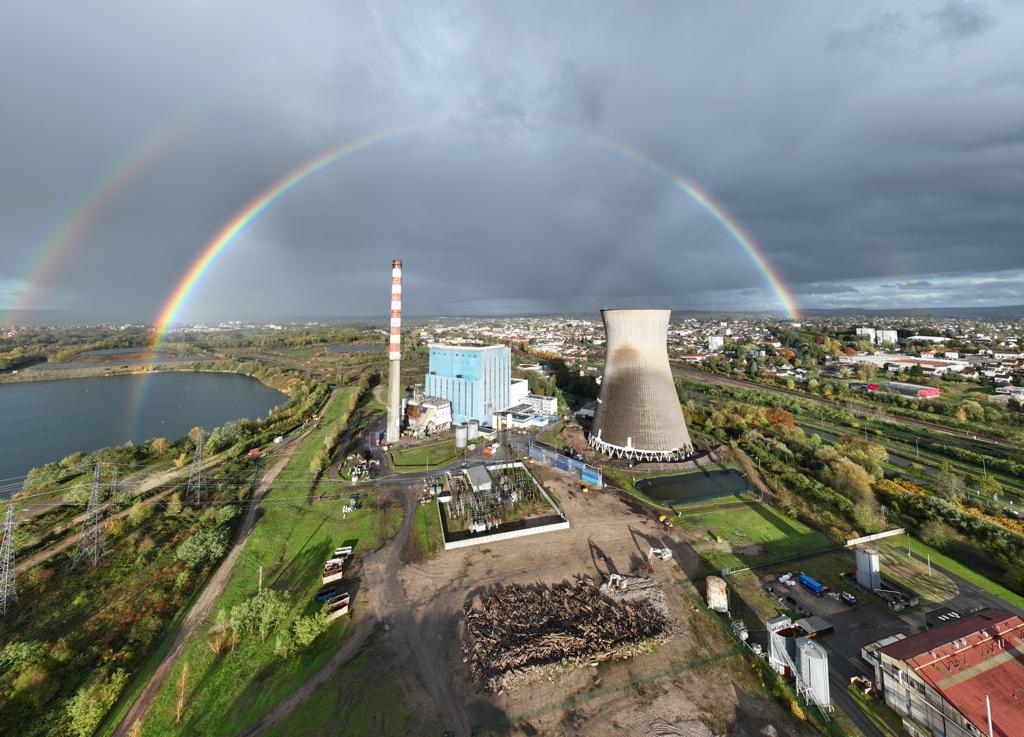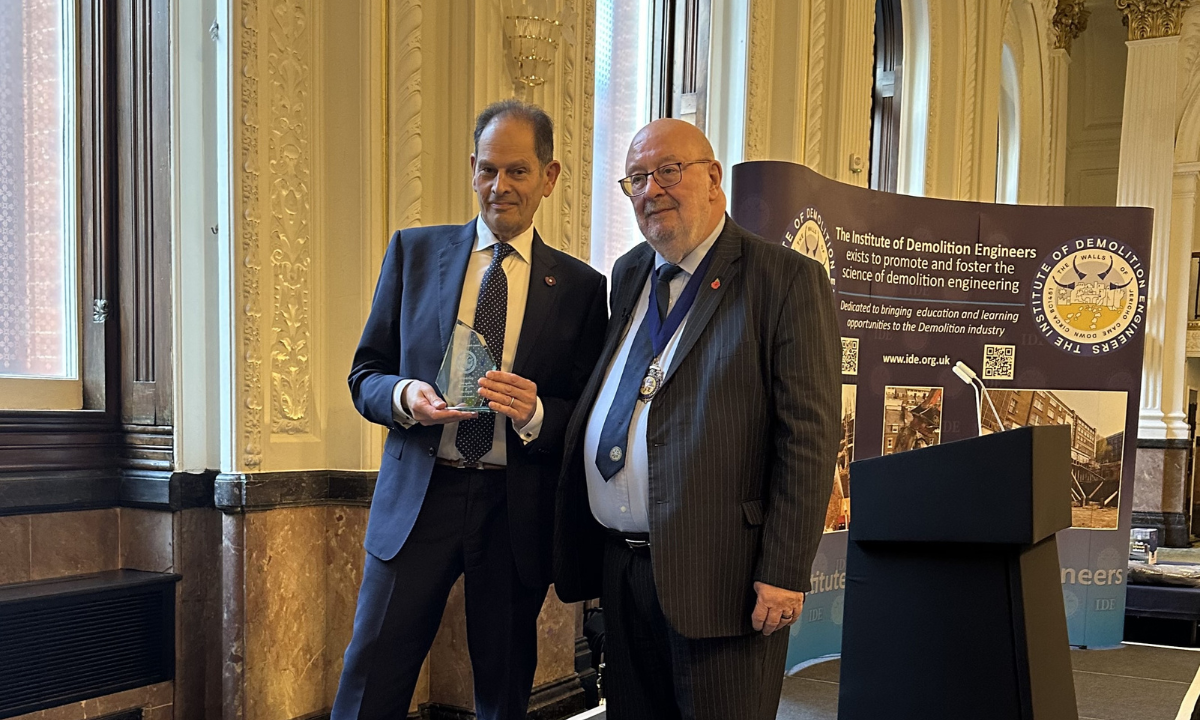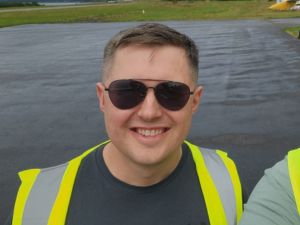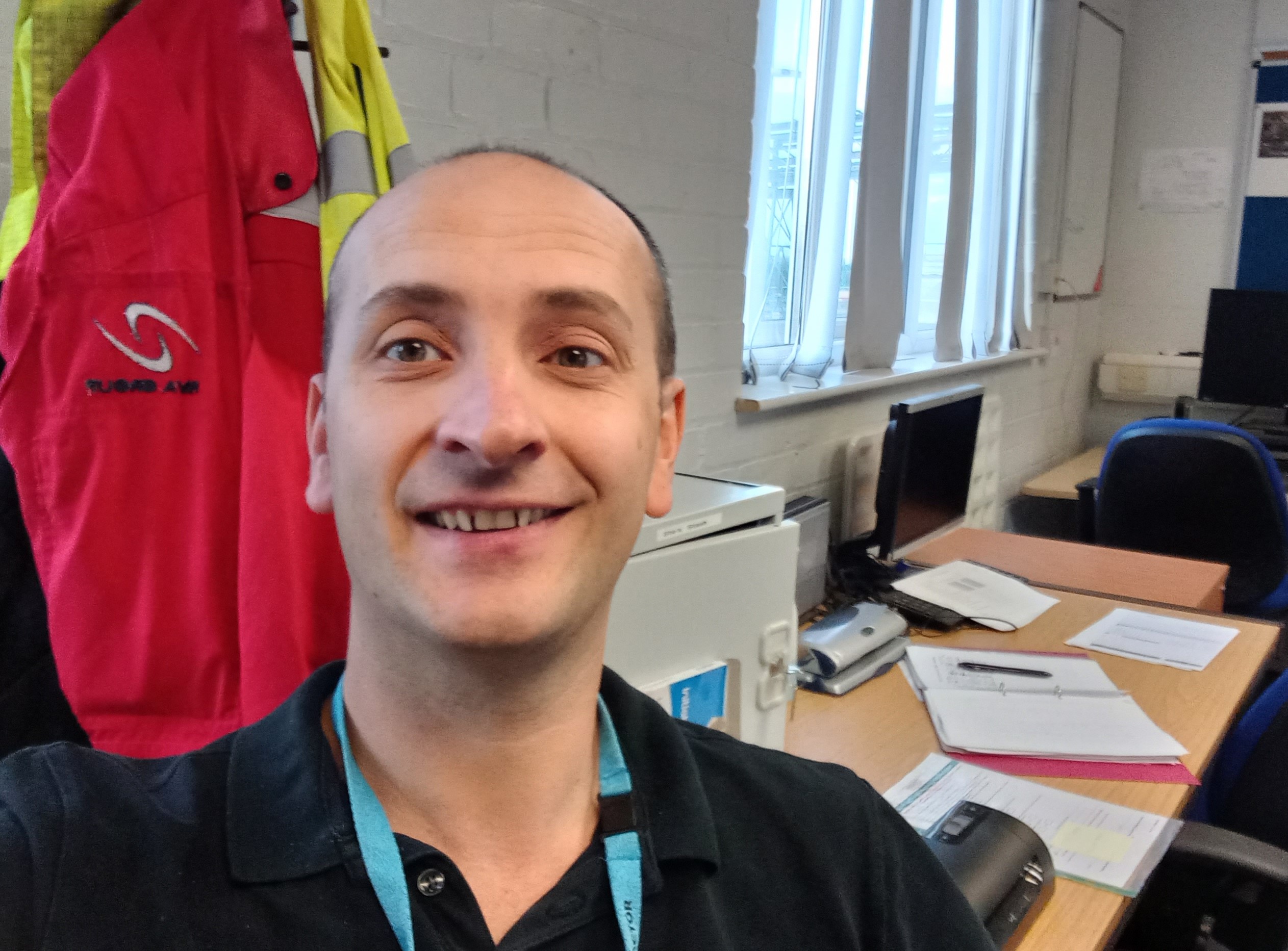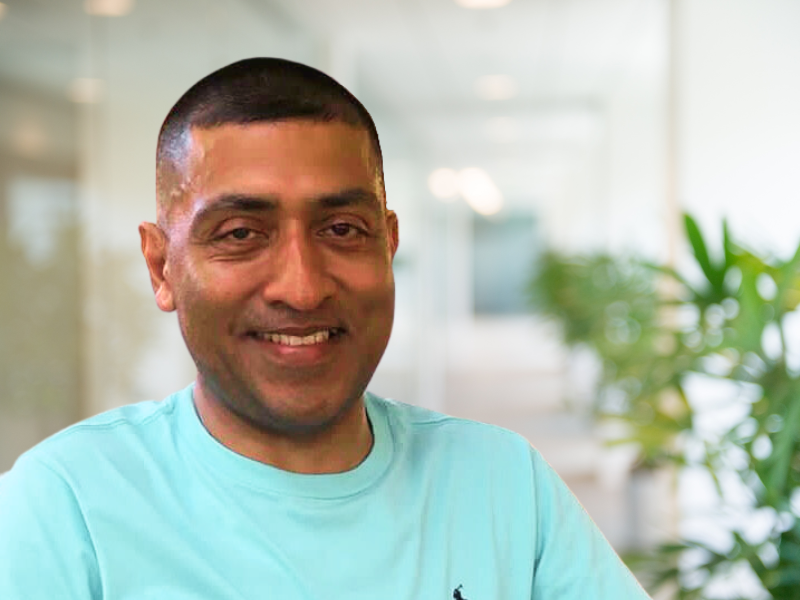RVA Group’s managing director, Richard Vann, recently spoke with Demolition and Recycling International (D&RI), reflecting on the past four years working with the publication, the topics discussed, and what he has achieved in recent years within the industry.
In case you missed the article, you can catch up below.
Throughout the 40 years I’ve spent within the demolition industry, and life in general, I’ve never, ever stopped learning. Gaining new skills is, of course, a big one; but sometimes it’s been a simple shift in perspective that’s delivered the most impact.
Many of those mindset shifts have been triggered right here, through the pages of this magazine.
Whether that’s been learning from the experiences of other thought leaders or reflecting upon my own thoughts and opinions as I collate this column.
As we know, our industry is one of a kind. It’s a sector seldom understood by those outside of it, and we have become an ever tighter knit community as a result.
During my time as caretaker of this page, a role that’s spanned four years, I’ve relished in bringing to life and exploring a range of topics — from ‘the role of decommissioning in design’ to ‘the stigma surrounding safety’, and even ‘does 30 years of a role become boring?’.
This passion for sharing knowledge has seen me speak at dozens of international industry conferences, taking the role of keynote speaker at the World Demolition Summit in 2017. I’m also incredibly privileged to have served as a fellow, and past president, of both the Institute of Demolition Engineers and the Institute of Explosives Engineers.
I’ve been a judge for the British Demolition Awards; and now I’m pleased to share, with much pride, that I was recently made an honorary fellow of the Institute of Demolition Engineers. These achievements are forever interwoven with my time spent as caretaker of this page, and in conversation with you, the readers.
I hope I’ve been able to offer readers a sense of encouragement to pursue their own passions, to stand by their convictions and, above all, to promote the unswerving levels of safety that I’ve staunchly advocated for throughout my career. My mission to see decommissioning schemes given equal status to the construction efforts which precede or follow it is, and perhaps always will be, a work in progress — but it’s an area where awareness is advancing rapidly.
The fact is, the potential for danger — and more than that, catastrophe — during decommissioning projects is, as we know, ever present. And this is only exacerbated by a lack of perceived commercial benefit from ‘knocking things down’.
But what many fail to consider, is the level of personal tragedy and professional ruin that could ensue from a poorly managed, insufficiently budgeted, time-limited project — and a complete disregard for the potential consequences. This is something the public does not easily forget and just one mistake can indeed cost dear.
As industry professionals, our knowledge and commitment to the safety aspects of a decommissioning project is what sets us apart from what many, less experienced in our line of work, choose to see.
Often, they recognise only the physical act of demolition — the finale, as they see it. But, for us, the main event comes in the preparation. The many hours of care and attention that ensures everyone involved in a decommission can return safely home to their families.
This is a message you’ll continue to see me champion, as I close this chapter and move aside for up-and-coming sector voices from across the world; people who will, too, help shape the next generation of demolition professionals, as they navigate the complex and ever-changing regulatory landscape of a career within this field.
I look forward to learning from them, just as I hope they did from me over the years of collaboration with D&RI. To those who have kept these pages alive with your interest and interaction over the years, to those who have played a role in my professional journey and have no doubt inspired my written contributions, and to those who still have their role to play in our industry – perhaps we will cross paths, professionally, once again.
Looking towards the new year, I have big plans for RVA – and I’m looking forward to continuing on into the next decade of demolition. Because 30 years in demolition definitely isn’t enough, and you can read more about that here.
So, as I prepare to pass on the baton – my perspective is focused not on the end, but on the magic of new beginnings.
Over the years, Richard Vann has been devoted in his efforts to championing the demolition industry and the expert skills and knowledge of those in the industry, both in the UK and oversees.
In sharing his experiences and expertise in the pages of D&Ri, he has thoughtfully and skilfully provided great insight into the outstanding work that the industry does and into how it benefits communities everywhere, and D&Ri wishes to express its deepest and sincerest thanks to Richard for his contribution to our publication.










